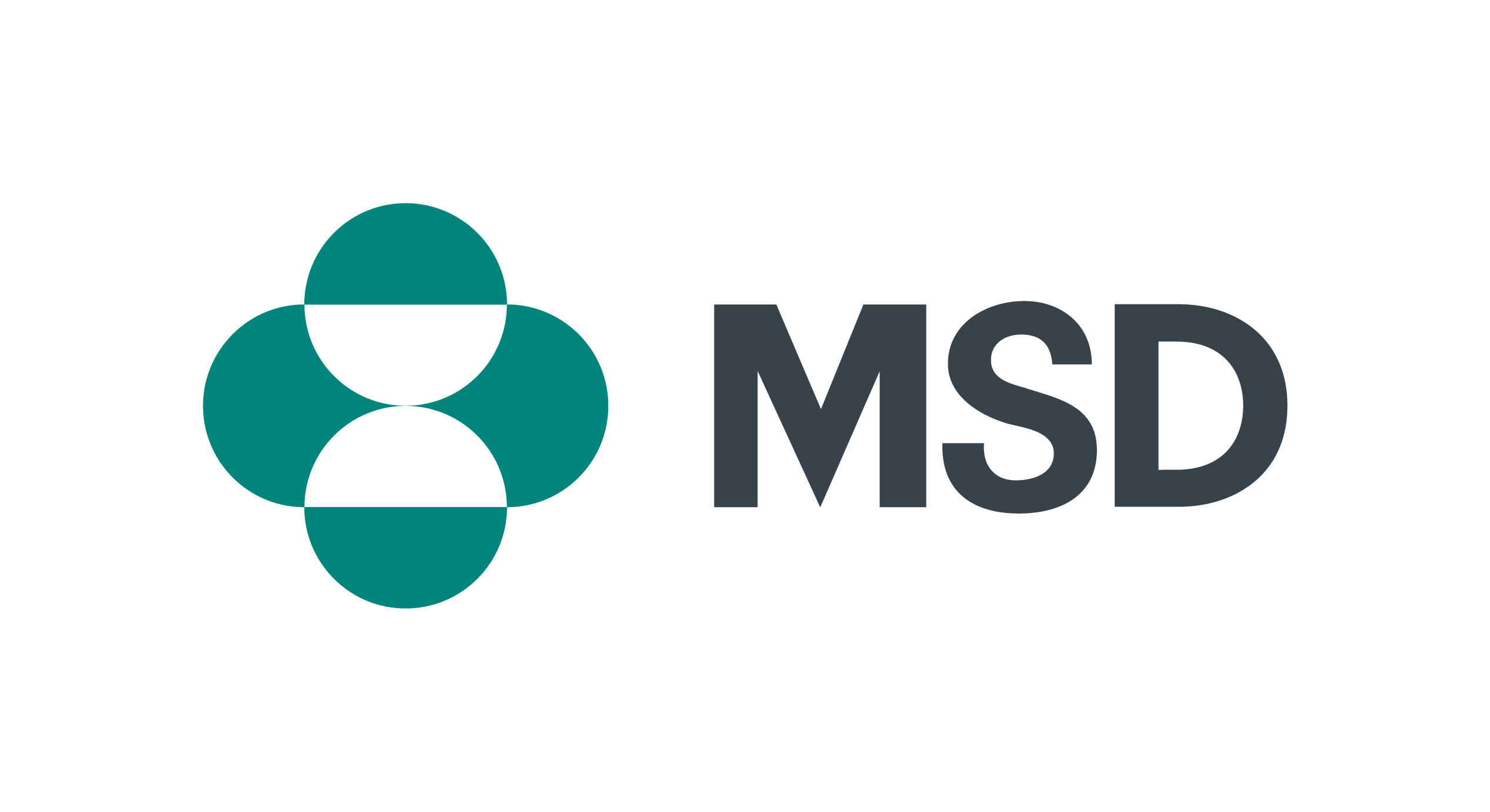About the Event
Cancer is the second leading cause of death worldwide, accounting for nearly one in six deaths. Of the nearly 10 million deaths from cancer in 2020, 70% occurred in low- and middle-income countries. For cervical cancer, this disparity is even greater with 90% of new cases and deaths in LMICs.
Cancer takes a tremendous toll on individuals, families, society, and the economy. Cancer pushes families into poverty and the wider economic costs of cancer are staggering — between 2020 and 2050, cancer will cost the world economy $25.2 trillion in international dollars or equal to an annual tax of 0.55% on global GDP. Countries cannot achieve universal health coverage nor social and economic development without bolstering their efforts to address cancer.
There is broad consensus and evidence on cost-effective, feasible interventions that all countries can take to address the burden of cancer. These include interventions delivered at the primary health care and hospital level, such as the prevention through vaccination, early screening and diagnosis, and an array of treatment options. However, despite political commitment, progress in implementing these interventions is slow. For example, while two-thirds of countries globally have breast and cervical cancer screening programs, only 11% of countries reached 70% of their target populations.
To accelerate and scale country efforts to address the burden of cancer, a global cancer plan, efficient public policies and financing, multi-sectoral partnerships, and new models of financing will be critical. There are several best practices from around the world that can help countries innovate and create fit-for-purpose partnership models. These include public-private partnerships to inform the development and implementation of national cancer plans; partnerships to strengthen the use of digital data and tools to inform decision-making, efficient resource allocation, and improve delivery of services to close gaps in inequity; blended financing models to improve the infrastructure and systems needed to deliver cancer treatment services; and supplementary insurance and benefit designs that extend coverage for a continuum of cancer prevention and care services for under-insured populations.
With catalytic financing and sustainable partnerships models, Morocco is poised to be a leader and exemplar for other lower-middle income countries on the journey to UHC and comprehensive cancer prevention and control. The 2023 Annual Meetings of the World Bank Group and the International Monetary Fund in Marrakech are therefore a timely opportunity for leaders and experts come together to identify ways to strengthen human capital and promote economic growth — and call attention to the need for new partnerships and improved financing to address one of society’s biggest challenges.
Produced by Devex and sponsored and convened by MSD, this roundtable thought leader event will facilitate an action-oriented group discussion centered on practical ways to raise awareness, accelerate action, showcasing promising models to tackle the growing burden of cancer and achieve UHC.










